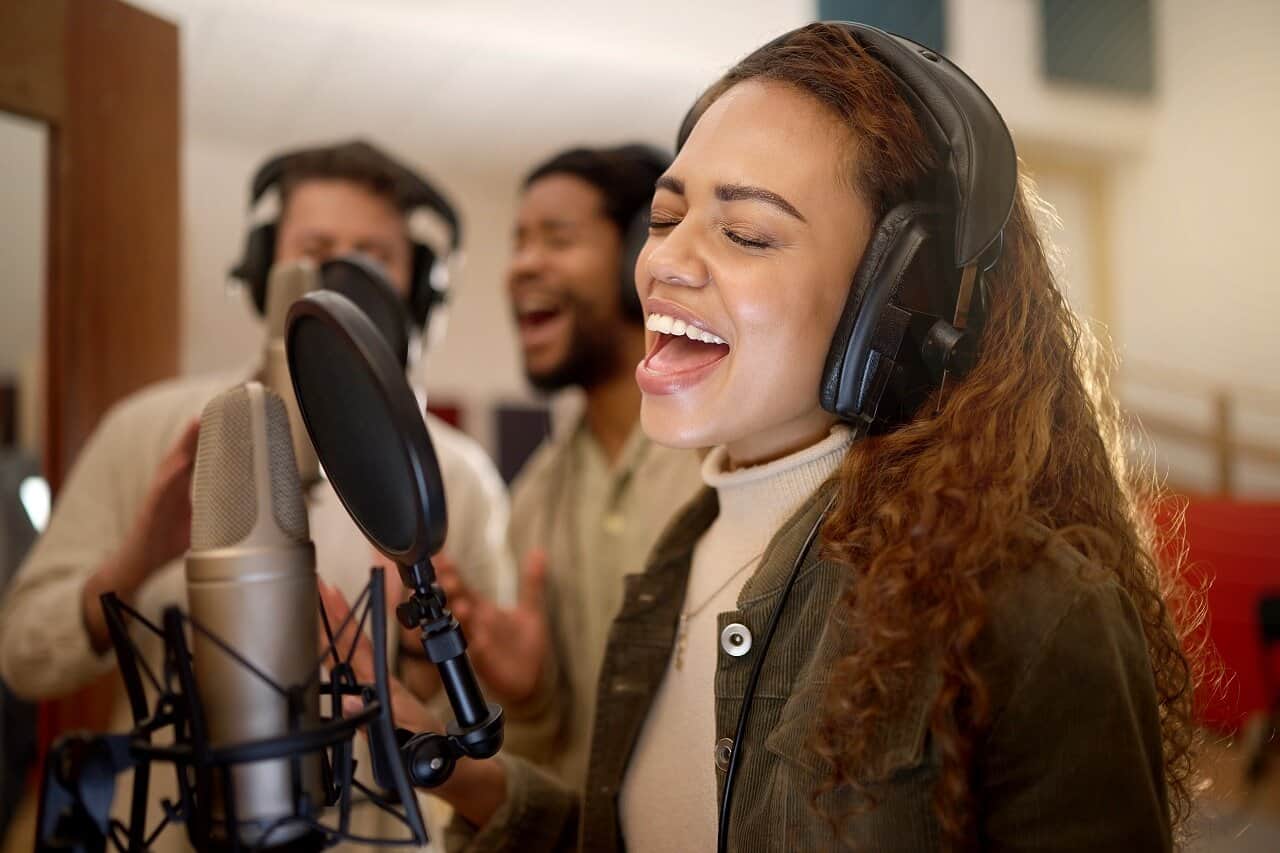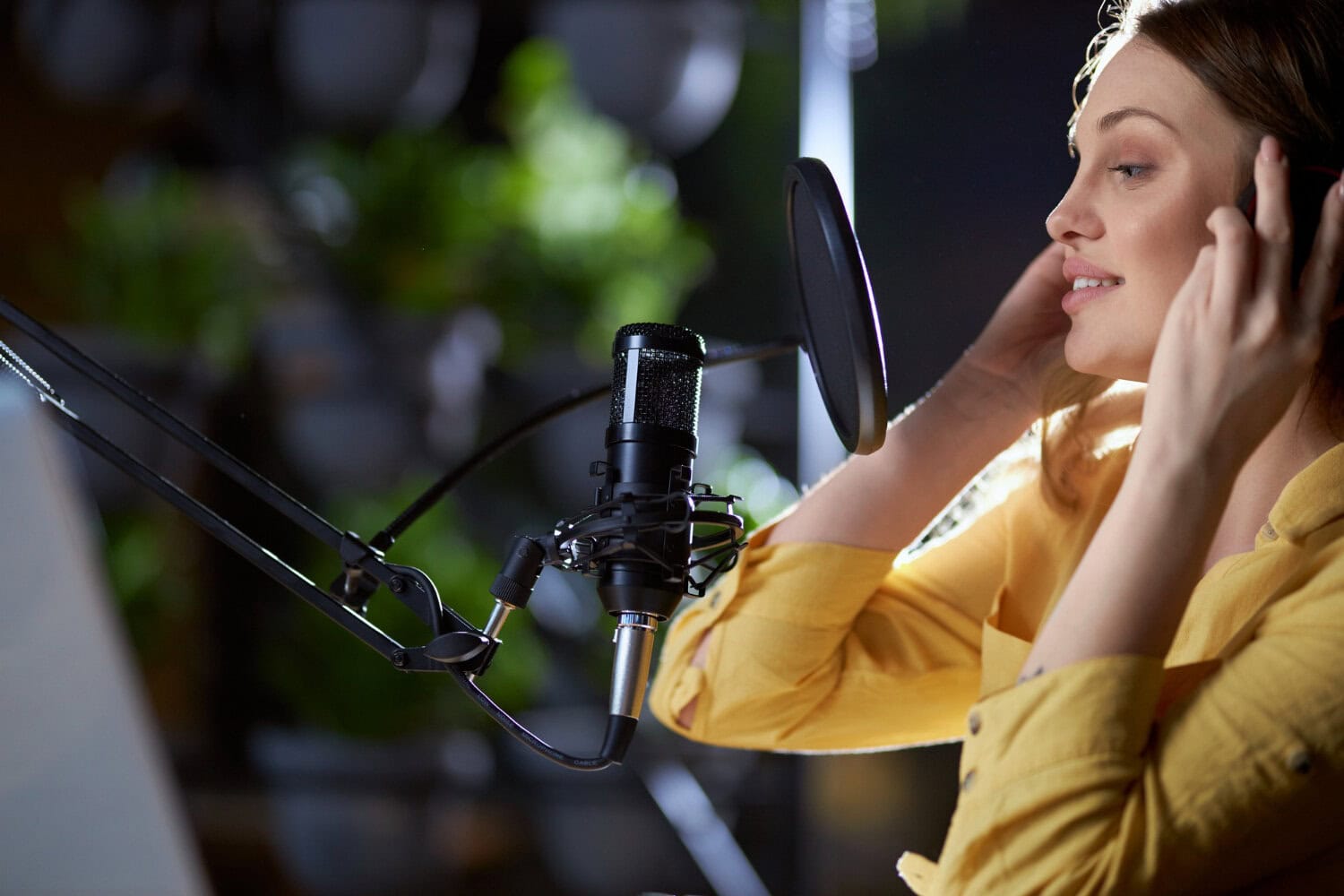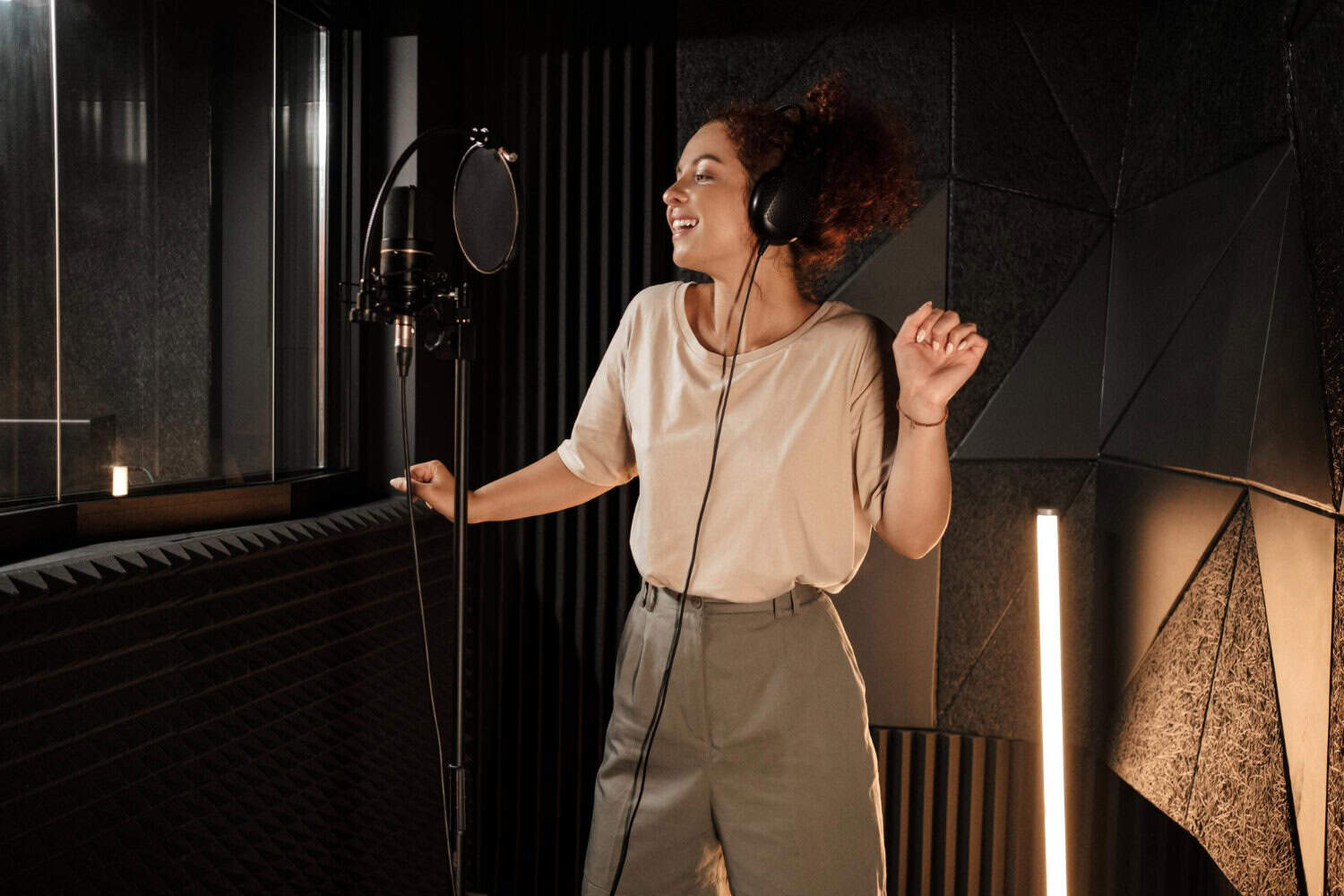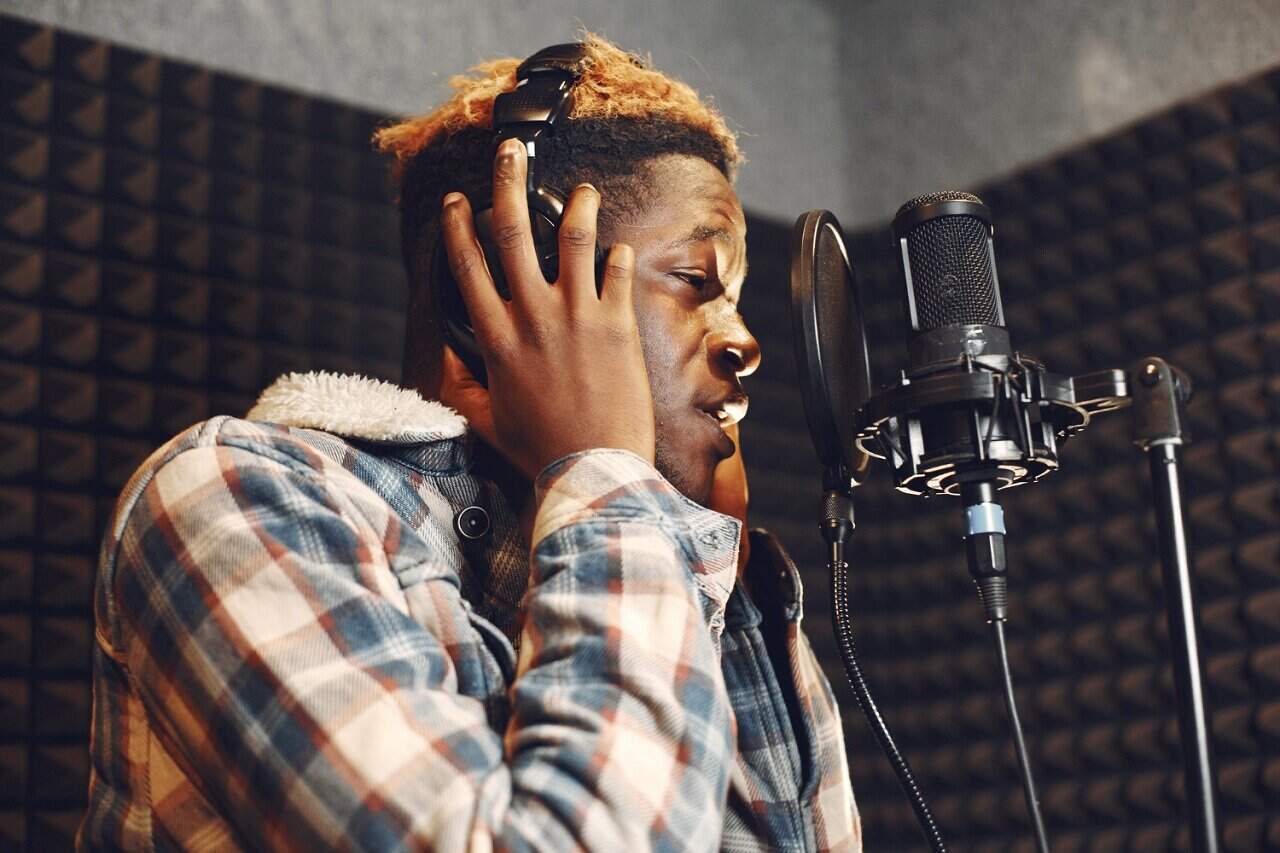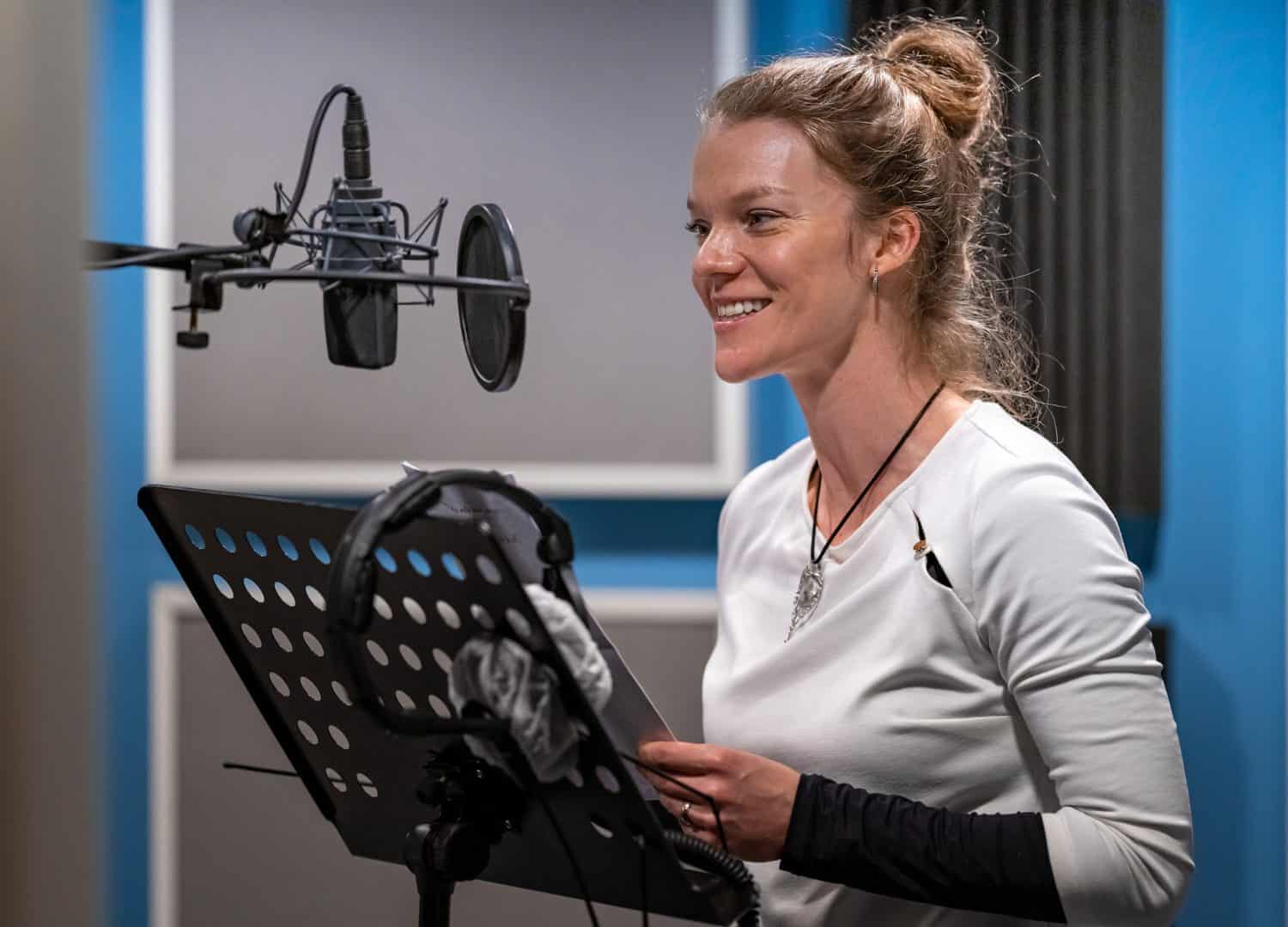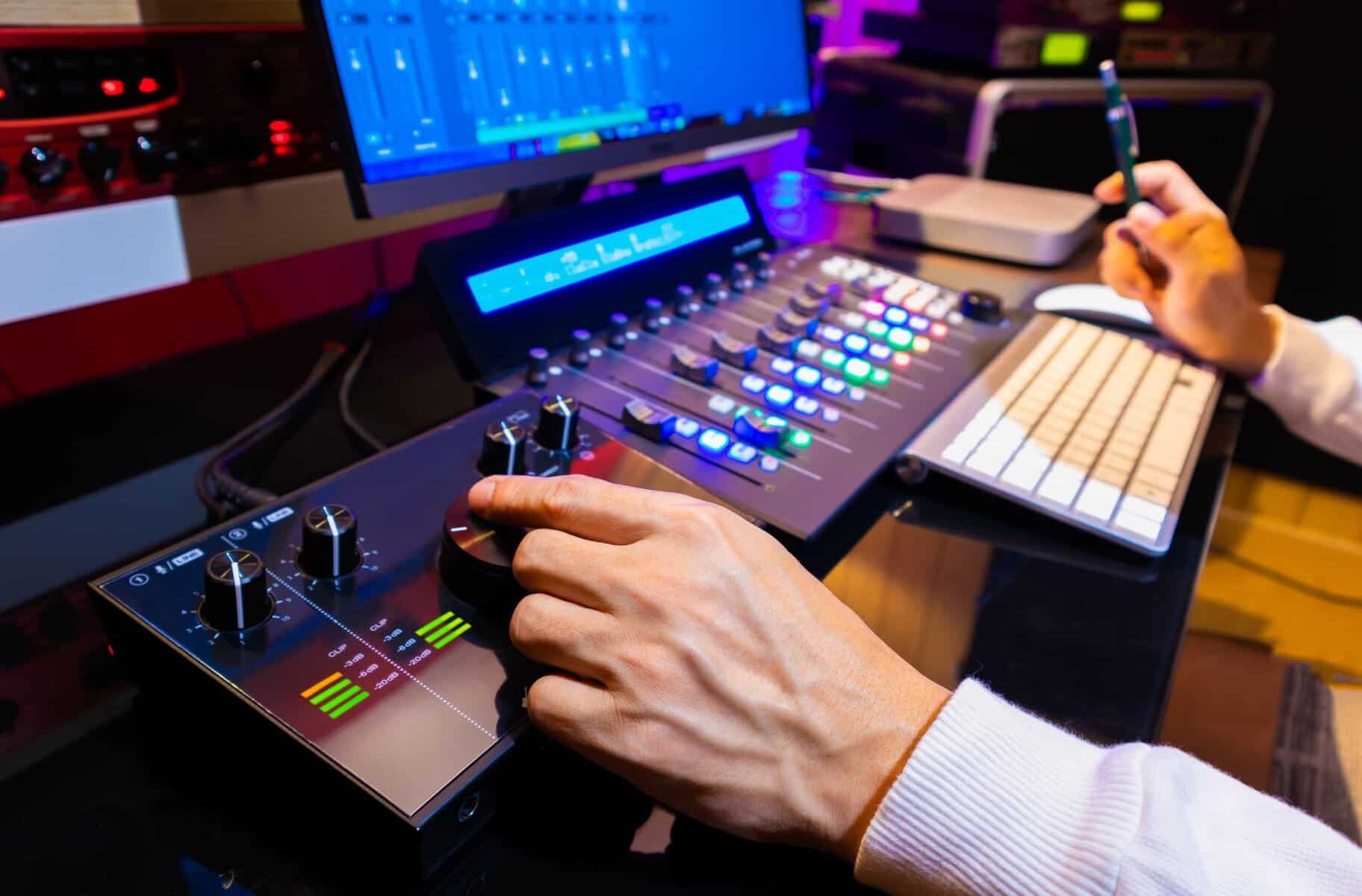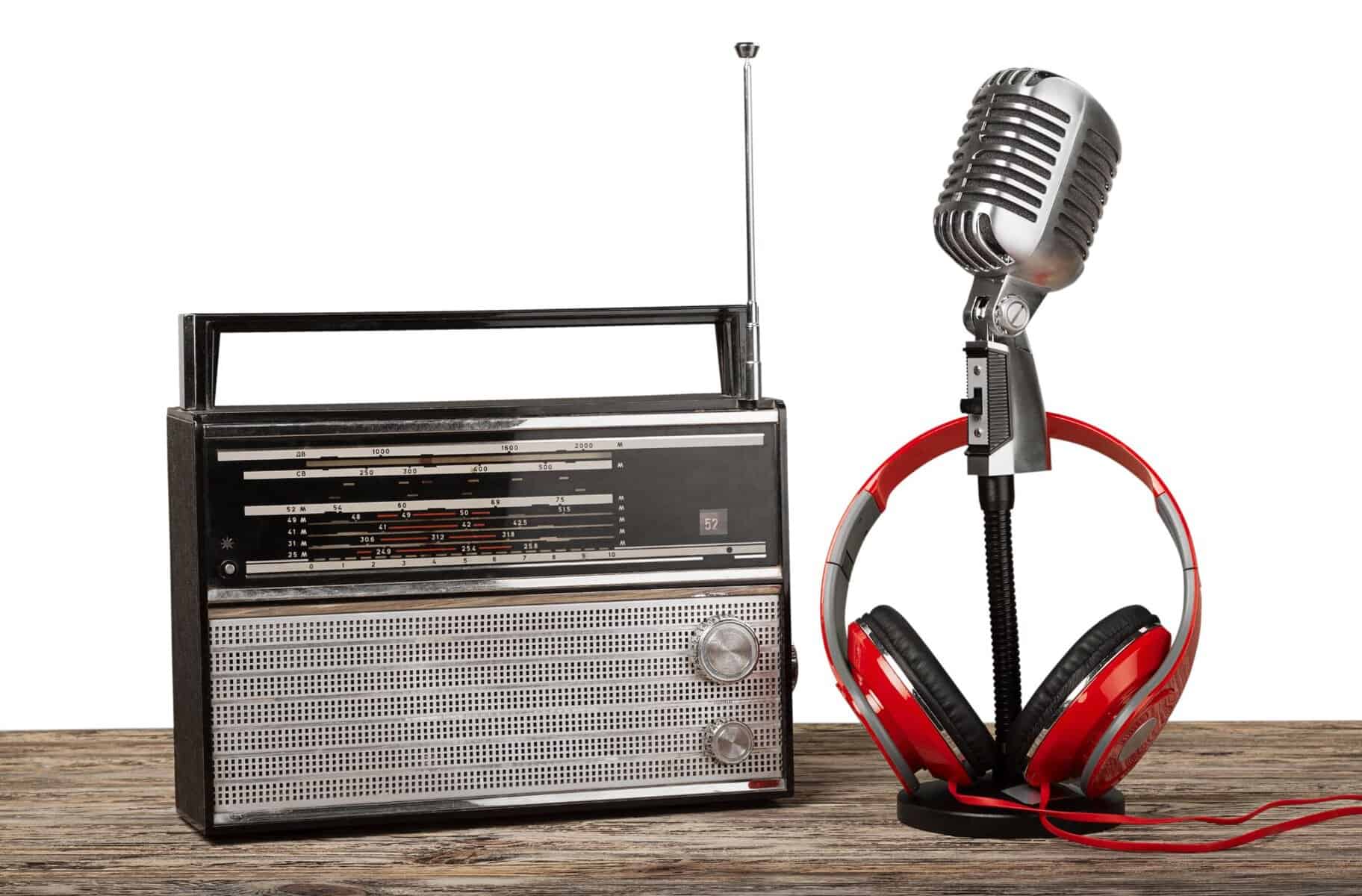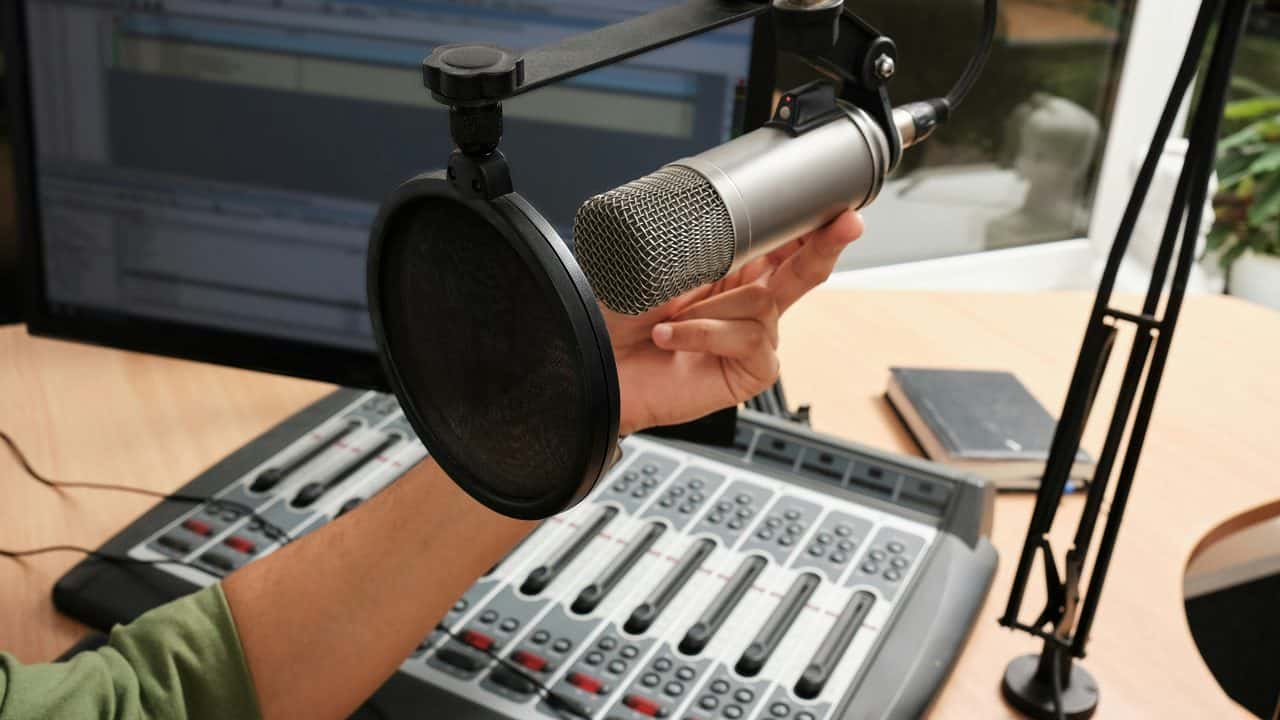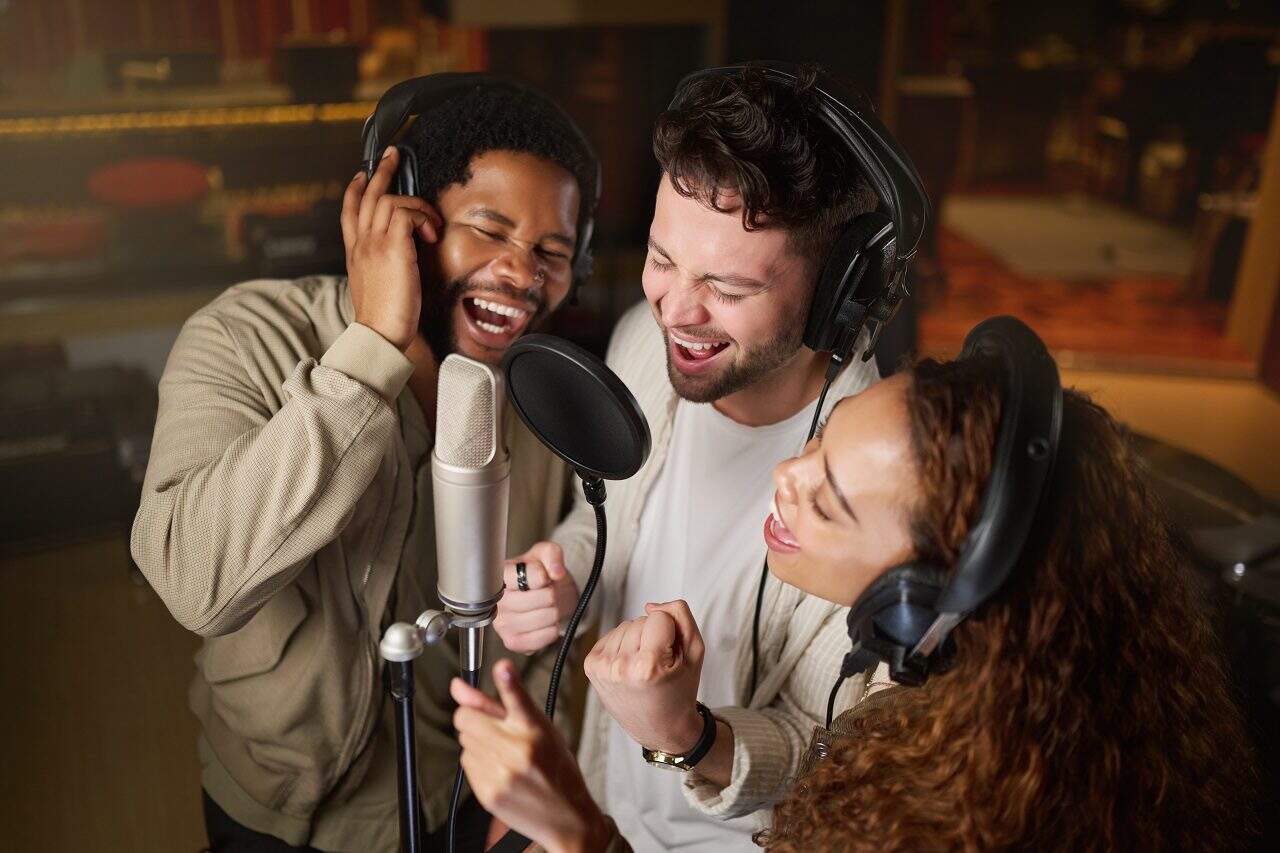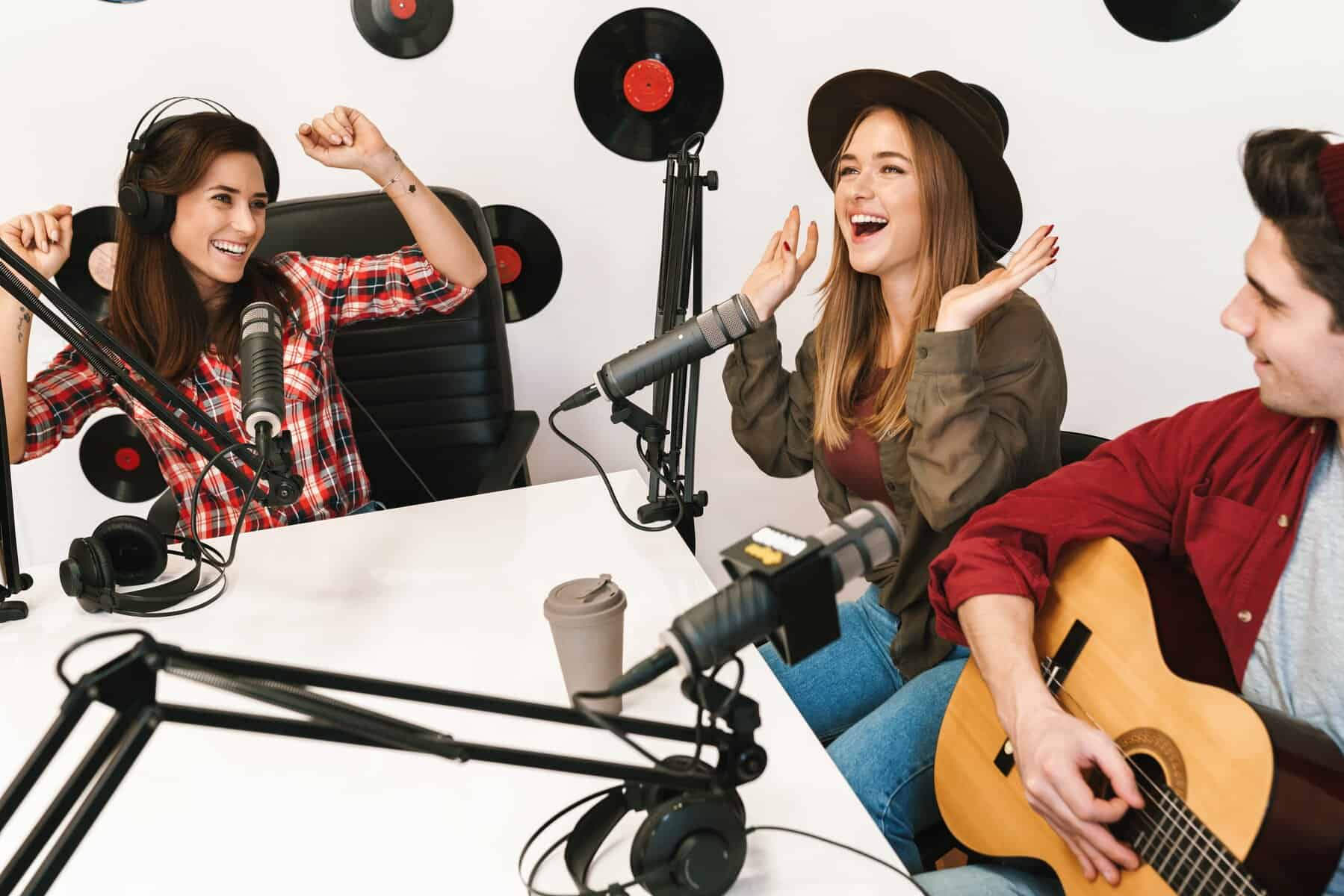In the crowded world of advertising, making your brand stand out is crucial. One effective way to do this is through custom jingles. At Killerspots Agency, we specialize in creating jingles that not only grab attention but also leave a lasting impression. A well-crafted jingle can turn a simple broadcast into a memorable experience that resonates with listeners.
Custom jingles are more than just catchy tunes; they are carefully crafted pieces of audio that tell your brand’s story. From understanding your brand’s unique voice to integrating key messages through music, our approach ensures that every jingle we produce serves a purpose. Music has a powerful way of connecting with emotions, and when used effectively, it becomes a vital part of your brand identity.
Creating a custom jingle is an intricate process that involves creativity, strategic thinking, and a deep understanding of your brand. Through this article, we will showcase our comprehensive approach to making your brand sing with custom jingles. Whether you are new to the concept or looking to refine your audio branding strategy, you’ll find valuable insights that highlight the impact of a well-crafted jingle.
Understanding Your Brand’s Unique Voice
Before we create a custom jingle, we take the time to understand your brand’s unique voice. This involves getting to know your brand’s identity, values, and target audience. At Killerspots Agency, we believe that a jingle should reflect the essence of your brand and communicate its message clearly.
To achieve this, we start by gathering detailed information about your brand. We look at your brand’s history, mission, and core values. We also consider the demographic and psychographic characteristics of your target audience. Understanding these aspects helps us craft a jingle that not only resonates with listeners but also aligns perfectly with what your brand stands for. Additionally, we examine your competition to ensure that your jingle stands out in the marketplace.
The Creative Process Behind Crafting Jingles
Creating a custom jingle is a multifaceted process that combines creativity with strategic planning. At Killerspots Agency, our creative team follows a structured process to ensure each jingle is unique and effective.
1. Brainstorming and Concept Development: We start with brainstorming sessions where our team explores different musical styles, themes, and lyrical ideas. This stage is crucial for generating creative concepts that align with your brand’s voice.
2. Composition and Arrangement: Once we have a clear concept, our composers and arrangers get to work. They craft melodies and harmonies that are catchy and memorable. We ensure the musical elements match the mood and tone of your brand.
3. Lyric Writing: The lyrics of a jingle need to be concise and impactful. Our lyricists focus on key messages and phrases that reinforce your brand identity. They use language that is simple yet powerful, making it easy for listeners to remember.
4. Recording and Production: In this stage, we bring in professional voice talent and musicians to record the jingle. Our production team oversees the recording process to ensure high-quality sound. Post-production editing and mixing are done to fine-tune the final product.
By following this process, we create custom jingles that effectively capture your brand’s essence and engage your audience.
Incorporating Brand Messaging Through Music
Incorporating brand messaging into a jingle is an art that requires a precise balance between music and message. At Killerspots Agency, we understand that the purpose of a jingle is to reinforce your brand’s identity while engaging your audience through an appealing tune. We ensure that the message isn’t lost in the melody but rather enhanced by it.
One way we achieve this is by embedding key brand phrases and taglines within the lyrics of the jingle. These phrases should be short, memorable, and easy to sing along with. We also align the tone and style of the music with your brand’s personality—whether it’s energetic, calming, modern, or classic. For instance, a lively, upbeat jingle might be best for a fun and youthful brand, while a sophisticated melody could better serve a luxury product. Each element is crafted to ensure that listeners instantly associate the jingle with your brand.
Measuring the Impact of Your Custom Jingle
Creating a custom jingle is just the beginning; understanding its effectiveness is crucial for continual improvement. At Killerspots Agency, we use a variety of methods to measure the impact of your jingle and ensure it’s achieving its intended goals.
First, we track audience engagement through various metrics such as listener retention, recall rates, and social media interactions. We also gather feedback directly from the target demographic via surveys and focus groups. This helps us understand how well the jingle resonates with listeners and how effectively it conveys the brand message. Additionally, we monitor changes in sales and brand inquiries post-campaign to assess the jingle’s contribution to these shifts.
Conclusion
Crafting a custom jingle that effectively represents your brand requires a combination of creativity, strategic thinking, and a deep understanding of your brand’s unique voice. At Killerspots Agency, we take pride in our meticulous approach to creating jingles that not only capture the essence of your brand but also resonate with your audience on an emotional level.
Ready to make your brand sing? Contact Killerspots Agency to discover how we can create compelling and memorable jingles that will elevate your brand’s presence and leave a lasting impression. Let us help you create the perfect soundtrack for your brand’s story.

